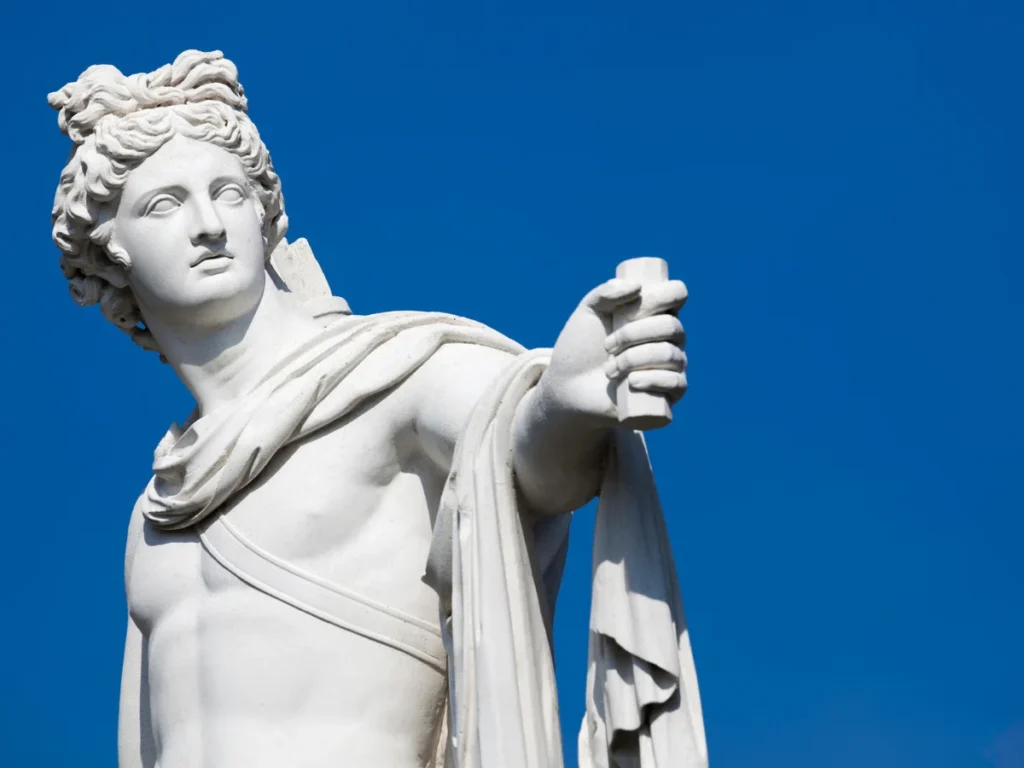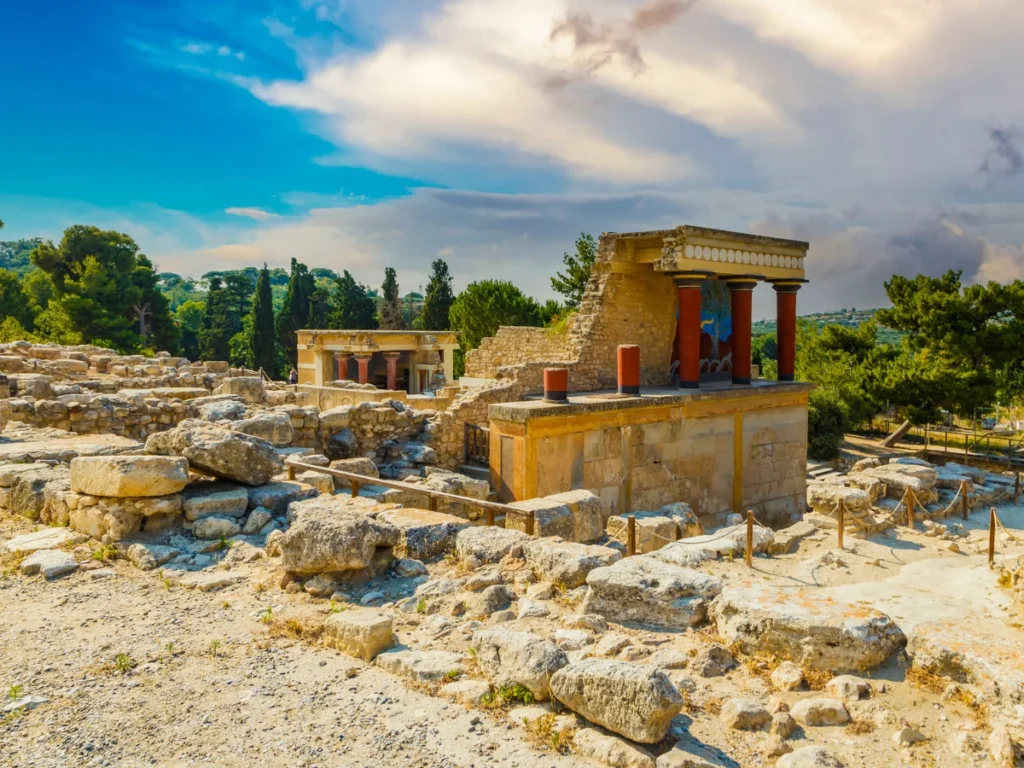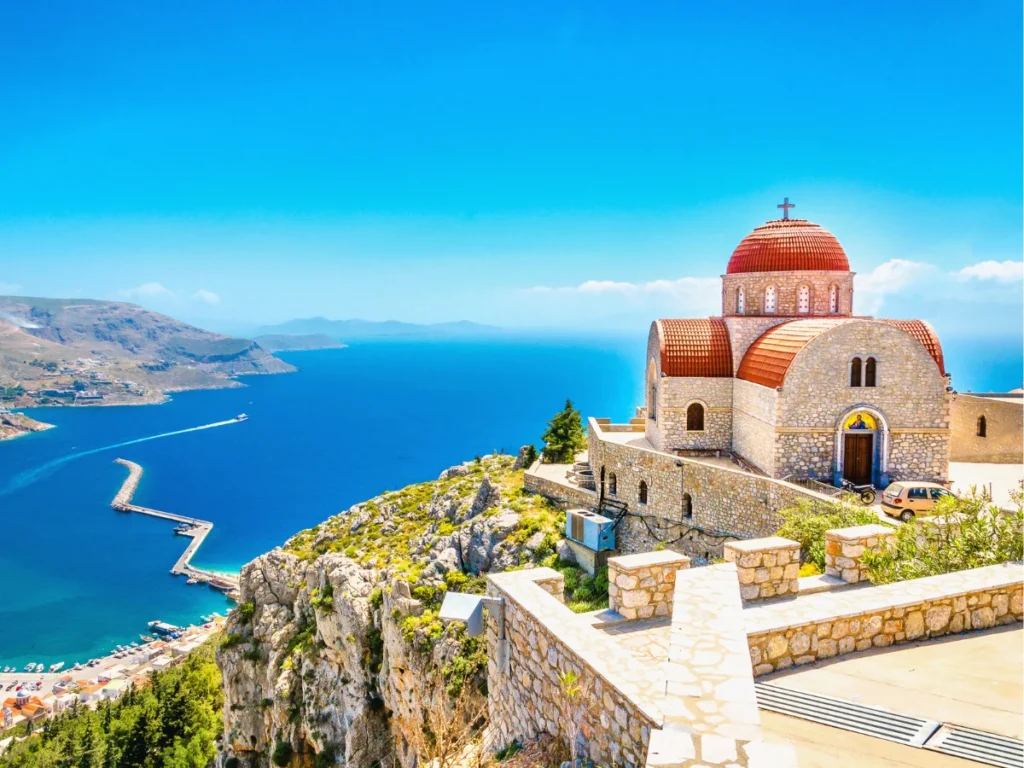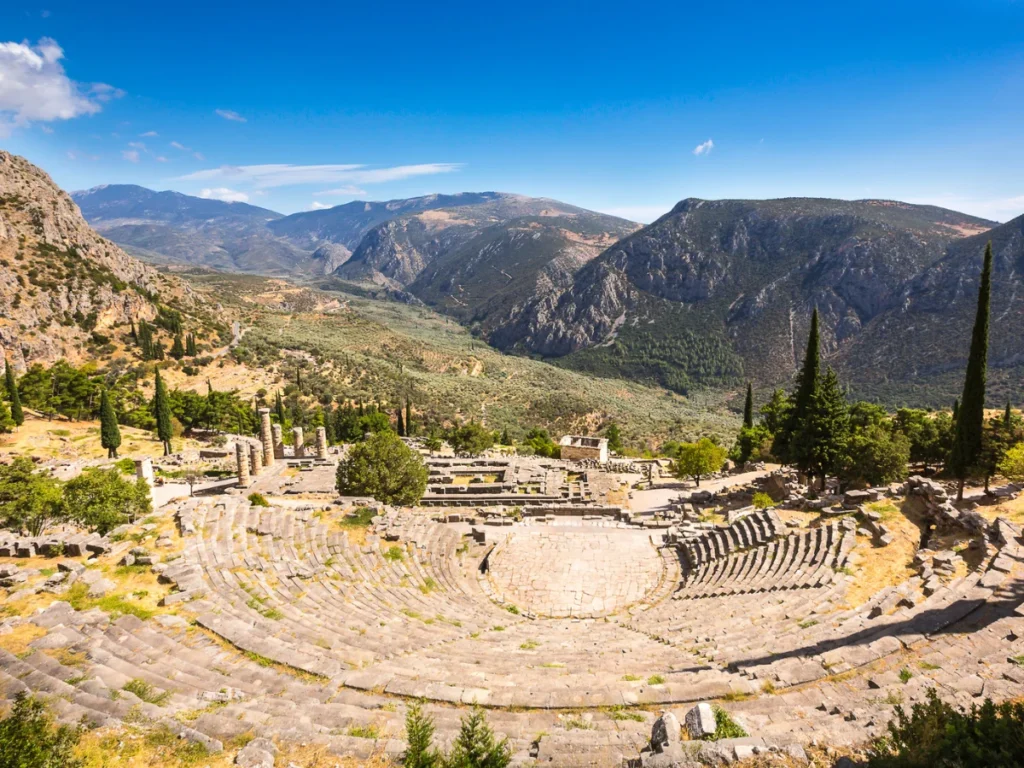The Ionian Revolt was the start of the Greco-Persian wars
The Ionian Revolt was the start of the Greco-Persian Wars, sparked by Ionian Greek cities’ desire for autonomy and resentment against Persian rule. The revolt’s suppression by the Persian Empire marked a turning point, showcasing the Ionians’ determination and setting the stage for larger conflicts. This rebellion’s legacy extended beyond its immediate impact, sowing the seeds of resistance and providing invaluable lessons that would shape the course of history in the years to come.

The Ionian Revolt was the start of the Greco-Persian wars
Origins and Catalysts
The Ionian Revolt marked a crucial episode in the intricate tapestry of Greco-Persian interactions. Born from a convergence of socio-political unrest and Persian imperial ambitions, the revolt ignited a chain of events that would significantly impact the course of history.
Persian Domination and Resentment
The Ionian Greek cities of Asia Minor had long endured Persian rule through local satraps. However, the tyrannical governance of these satraps led to a growing resentment among the Ionian populace. The imposition of foreign rule, coupled with economic exploitation, sowed the seeds of discontent that would eventually erupt into open rebellion.
The Spark of Revolt
The revolt was triggered by the Ionians’ collective desire for autonomy and self-governance. The burning of the city of Sardis, a symbol of Persian authority, signaled the defiant declaration of independence. Seeking support from mainland Greece, the Ionians found willing allies in Athens and Eretria, who saw an opportunity to challenge Persian hegemony in the region.
Persian Response and Suppression
The Ionian Revolt provoked a swift and severe response from the Persian Empire, led by King Darius I. The Persian forces quelled the rebellion. Employing both military might and political maneuvering. Despite initial successes in the early stages of the revolt, the Ionians ultimately faced overwhelming odds against the vast Persian army and were eventually subdued.
Legacy and Implications
While the Ionian Revolt was eventually suppressed, its legacy reverberated throughout history. The revolt showcased the Ionians’ determination to resist foreign oppression and their yearning for self-determination. Moreover, the Ionian Revolt laid the groundwork for the larger Greco-Persian Wars. It highlighted the potential for Greek city-states to unite against a common enemy and provided valuable lessons in strategy and resistance.
The Road to Marathon: Linking the Ionian Revolt and Battle of Marathon
The Ionian Revolt had a profound impact on shaping the subsequent events in the Greco-Persian conflict. The suppression of the revolt solidified the Persian Empire’s desire to expand its dominion into Greece. This expansionist ambition ultimately led to the Persian invasion that culminated in the Battle of Marathon. The Ionian Revolt thus acted as a critical precursor, igniting the flames of resistance and setting the stage for the pivotal clash at Marathon—a battle that would test the mettle of the Greek city-states and leave an indelible mark on history.
More History

Aristoteles
Aristotle, a brilliant ancient Greek philosopher, explored ethics, politics, and natural sciences. His profound teachings and writings continue to shape Western philosophy and knowledge today.

King Leonidias
King Leonidas, a fearless Spartan leader, valiantly led his 300 warriors against the Persian army at the Battle of Thermopylae. Embodying the spirit of ancient Greek heroism and sacrifice.

Cleopatra
Cleopatra, the Egyptian queen, captivated powerful men like Julius Caesar and Mark Antony, influencing the fate of Egypt and the Mediterranean world through her charisma and political acumen.
